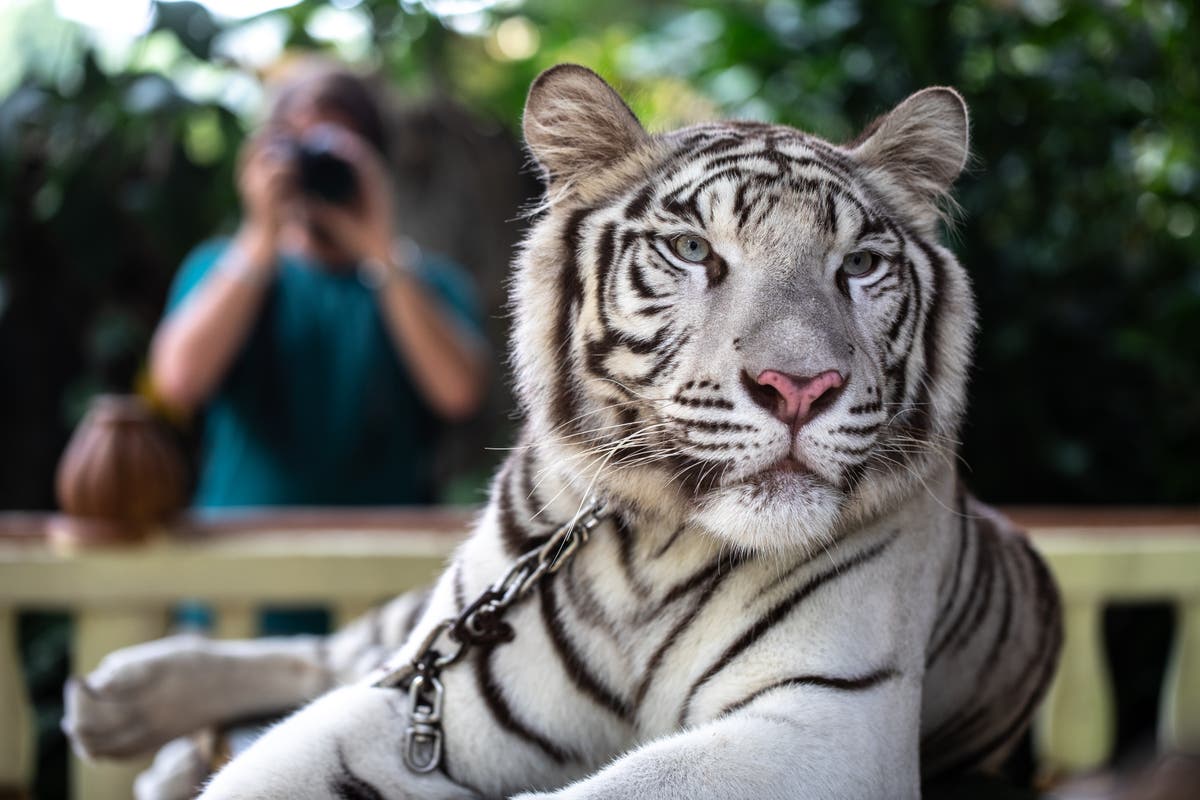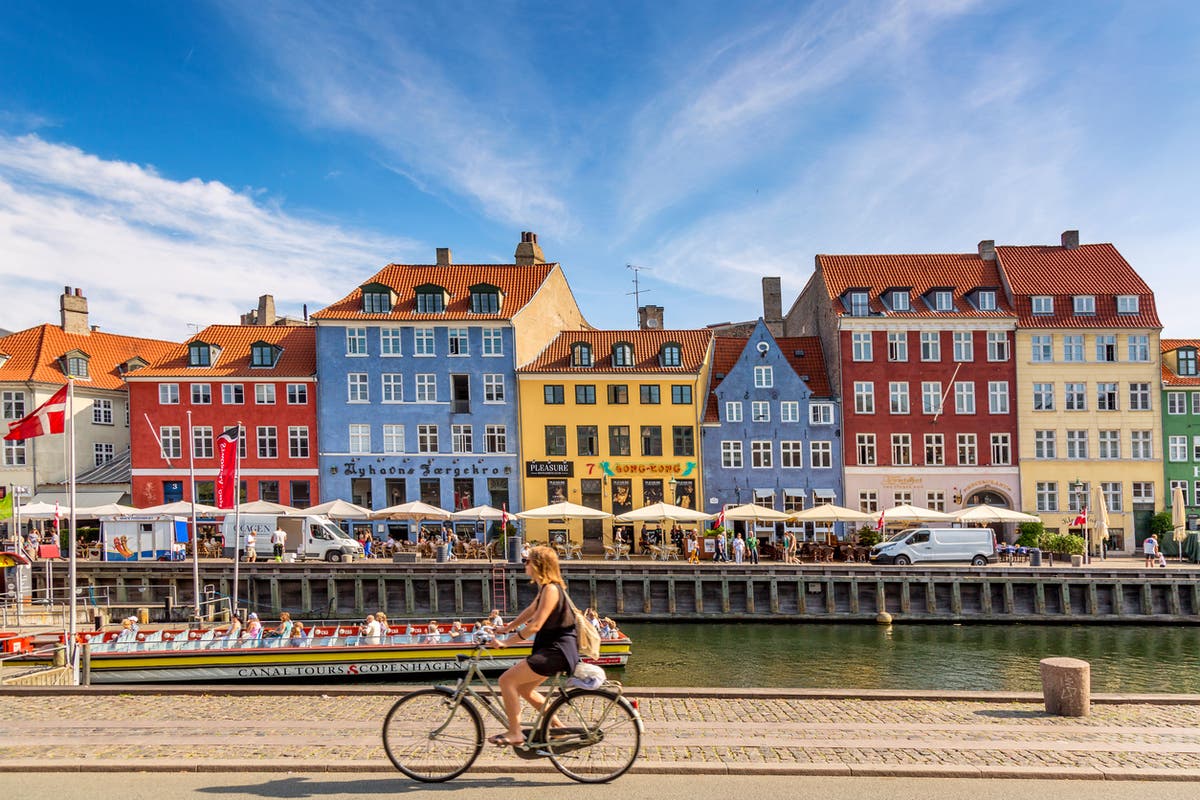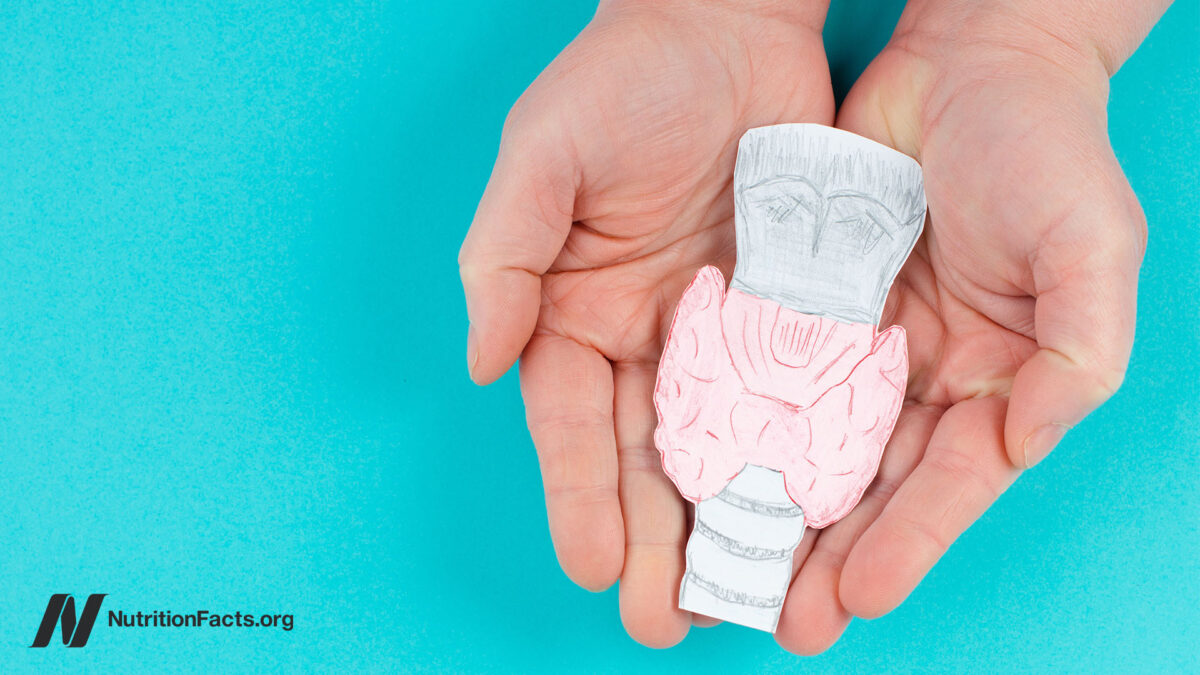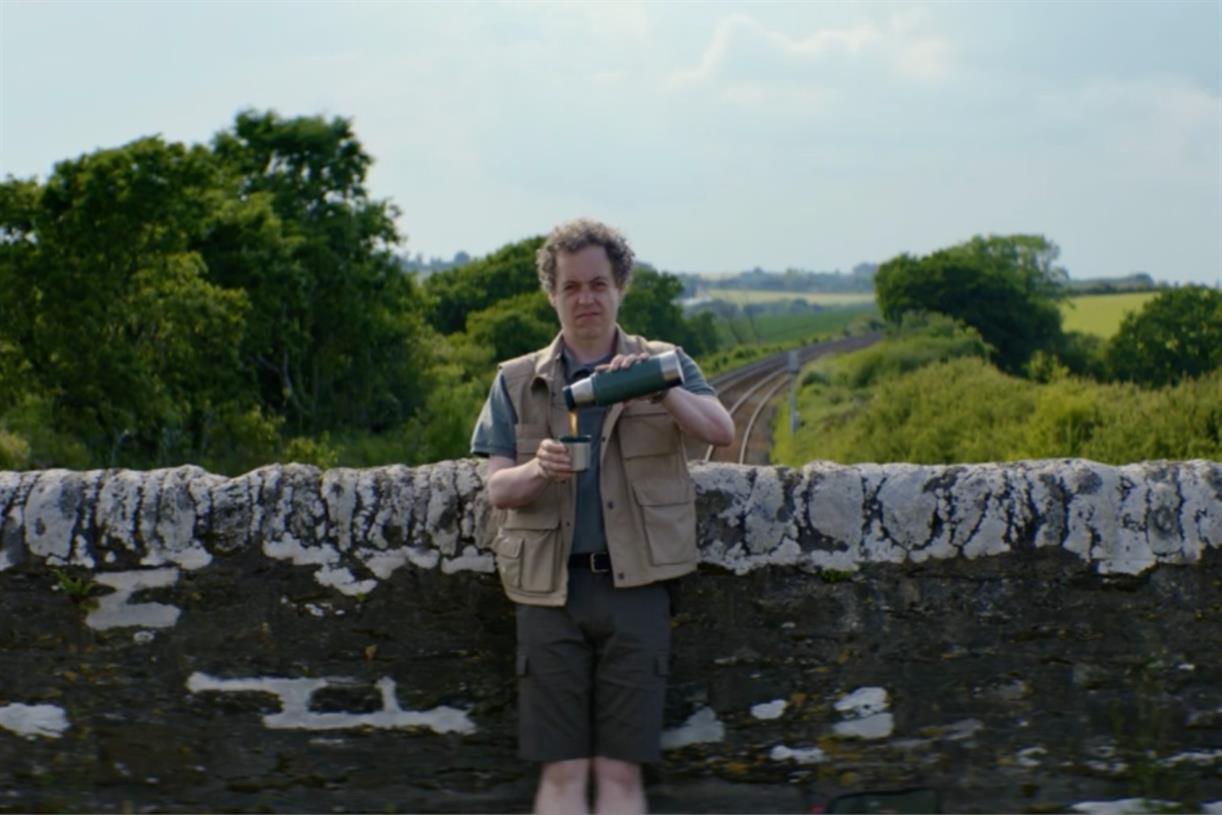Tourists warned against taking ‘selfish selfies’ with captive animals
New campaign shines light on the explotation of animals who ‘suffer for the sake of a souvenir photograph’

Sign up to Simon Calder’s free travel email for expert advice and money-saving discounts
Get Simon Calder’s Travel email
Most holidaymakers will be familiar with the offer: the opportunity for a cheesy selfie with a stranger’s exotic animal, one you can’t help but gush over.
But in a new report, international wildlife charity Born Free say there is a high risk factor to the seemingly harmless act in tourist hotspots.
Born Free is calling for a boycott by ill-informed posers of the tempting souvenir photo trade that is outselling physical mementoes.
Hundreds of “Red Flag Tourist Reports”, shared by eyewitnesses to Born Free, recall uneasy encounters in Mexico, Morocco, Barbados and Thailand. The feature stories of “sedated”, “hostile” and “defenceless” animals, with fees charged by their “aggressive” owners. According to Born Free, the reports help to raise awareness of the most exploitative locations in holiday destinations.
The Selfish Selfies: The Exploitation of Captive Wild Animals for Souvenir Photos report, released today (June 1), warned travellers against engaging with animal photo props on their summer holidays and asked them to make a signed pledge against the tourist-centric industry.
‘Selfish selfies’ pose a threat to wildlife and people
(Beth Borrett/Born Free Foundation)
Founder Virginia McKenna said: “No animal exists for our entertainment, to suffer for the sake of a souvenir photograph, to live a life blighted by cruelty for the instant click of a camera.“
From big cats to birds of prey, photo-prop animals are often dressed in costumes, sedated and chained amid stressful flashing cameras and loud crowds.
“Selfish selfie” opportunities with native and protected wildlife, such as the Bengal slow loris, pose a threat to the natural behaviours of captive animals, which are often victims of the illegal wildlife trade.
The report raised concerns that animal welfare issues, such as mutilation, manipulation and malnutrition. are being enabled at the expense of thousands of animals.
Incidents of attacks involving the public in close contact with captive wild animals are not uncommon. A huge potential public health and safety risk, and threats of zoonotic infections such as rabies to wild species, are associated with the use of living props in the photo industry. Wild animals are naturally unpredictable, and holidaymakers are advised to educate themselves to protect wildlife living in unnatural habitats.
Macaque monkeys are often dressed up and chained to entertain tourists
(Beth Borrett/Born Free Foundation)
Born Free is calling for stricter regulations of the global travel industry and encouraged the UK to pledge against the ongoing cruelty and abuse of prop animals around the world.
They say the increase in selfie opportunities with wild animals at zoos, attractions and nightclubs capitalises on a public love for animals and the “pursuit of likes on social media”.
Incidents of celebrities posing with exotic animals for entertainment have previously been condemned by Peta. In 2016, Justin Bieber came under fire for posing with a captive tiger “selfie prop” at a birthday party.
Will Travers, Born Free co-founder, urges people not to risk taking a quick snapshot: “It seems such an innocent activity and yet, as our report shows, the negative impacts on the health and welfare of the animals involved, and on the people taking part, who risk injury or the possibility of contracting a disease, and who, without realising it, are perpetuating a brutal and cruel activity that causes immense trauma and suffering, can no longer be ignored.
“I also call on all social media platforms to make the publishing of a Selfish Selfie, a reportable animal cruelty issue.”
The signed pledges are a bid by Born Free to encourage national governments, travel companies and tour operators to stop promoting animal cruelty and the exploitation of animals for financial gain.
The charity said: “Individual travel companies and tour operators need to do more to ensure that they don’t promote or sell excursions that feature animal photo props and close contact activities with captive wild animals.”

 Tfoso
Tfoso 
































